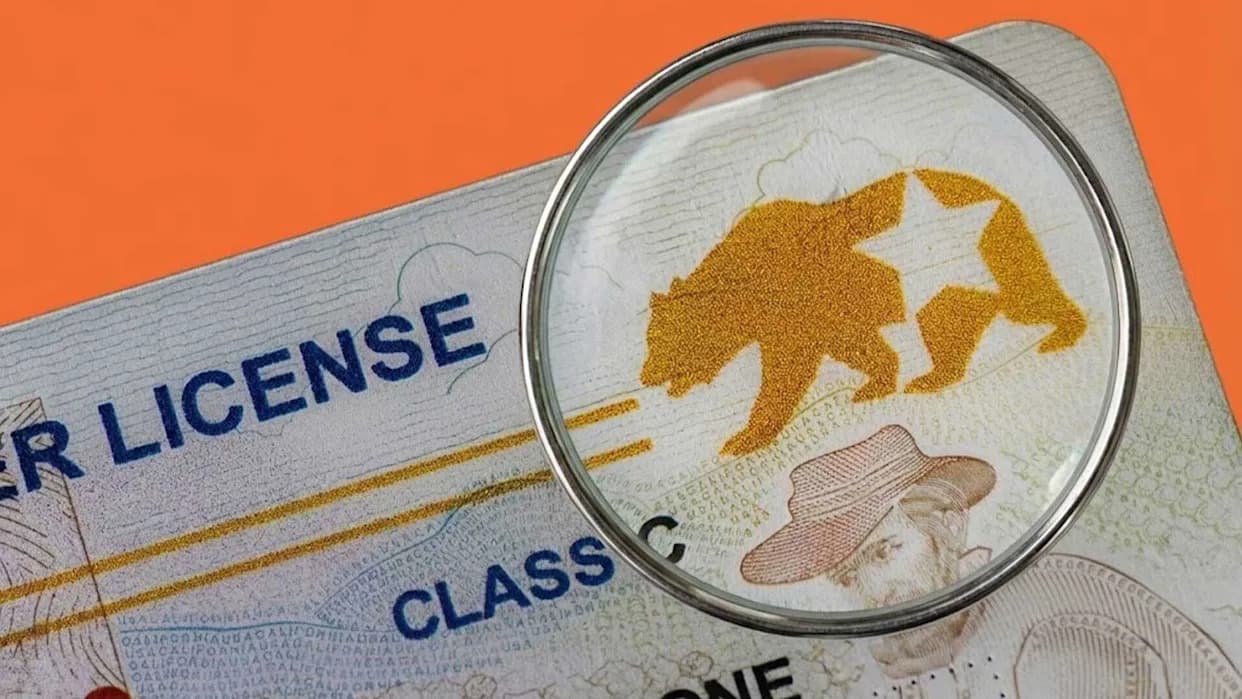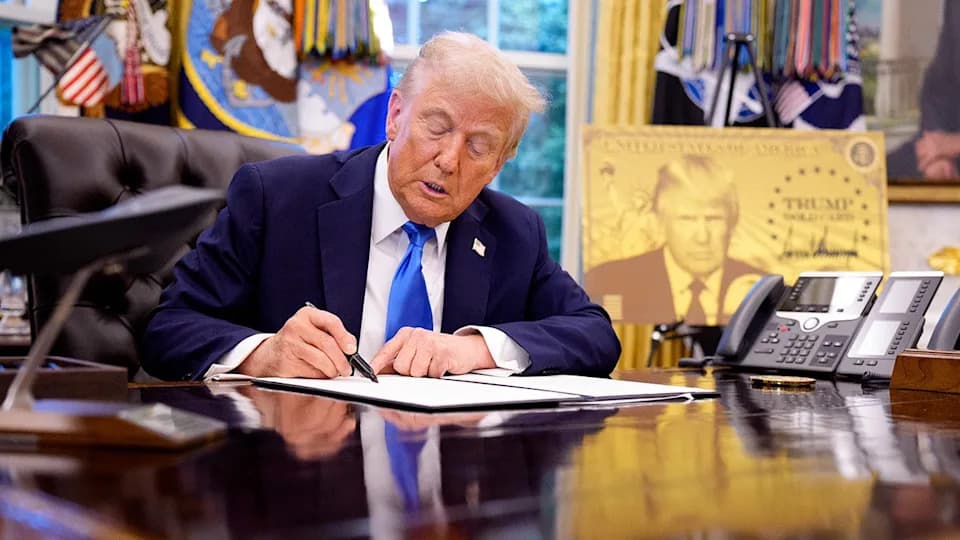The TSA has proposed an $18 nonrefundable fee for travelers who arrive at airport security without an accepted ID and choose to use a new alternative identity verification program. The fee would cover up to 10 days of travel if identity is verified each time. The proposal was posted to the Federal Register and generally begins a public comment period of about 30–60 days. Travelers should keep an accepted form of ID on hand to avoid delays and the potential fee.
TSA Proposes $18 Fee for Travelers Without Real ID or Passport — What to Know

The Transportation Security Administration has proposed charging an $18 service fee to travelers who arrive at airport security without an acceptable form of identification — such as a Real ID or passport — and opt to use a new, modernized alternative identity verification process.
In a notice posted to the Federal Register, the TSA says it is "launching a modernized alternative identity verification program" for passengers who present themselves at a checkpoint without an approved ID. The notice explains that the fee is intended to offset government-incurred costs for providing this service.
Key details:
- The fee would be nonrefundable and would not guarantee access to the sterile (secure) area of an airport.
- If approved, the $18 charge would cover up to 10 days of travel, provided the traveler successfully verifies their identity each time they use the program.
- The proposal was published in the Federal Register, which typically triggers a public comment period that lasts about 30–60 days, though the exact timeline can vary by agency.
The proposed rule follows the implementation of the Real ID program, enacted in 2005 after the Sept. 11 attacks to raise security standards for state-issued driver's licenses and ID cards. After years of delays, Real ID requirements took effect in May; alternative forms of identification — such as a U.S. passport or tribal ID — remain acceptable for domestic air travel.
Currently, travelers who show up at security without a Real ID or passport may undergo alternative identity verification, which can lead to additional screening or delays. Under this proposal, travelers who lack acceptable ID and who choose the TSA's alternative verification would be charged the $18 fee.
What travelers should do
- Bring an accepted form of ID (Real ID, passport, or another TSA-approved document) to avoid potential fees and delays.
- Allow extra time at the airport if you expect to need alternative verification.
- Monitor the Federal Register and TSA website for the final rule and any public comment opportunities before the program launches.
It remains unclear when or whether the fee will become final policy; interested members of the public can review the Federal Register notice and submit comments during the agency's rulemaking window.
Help us improve.




























